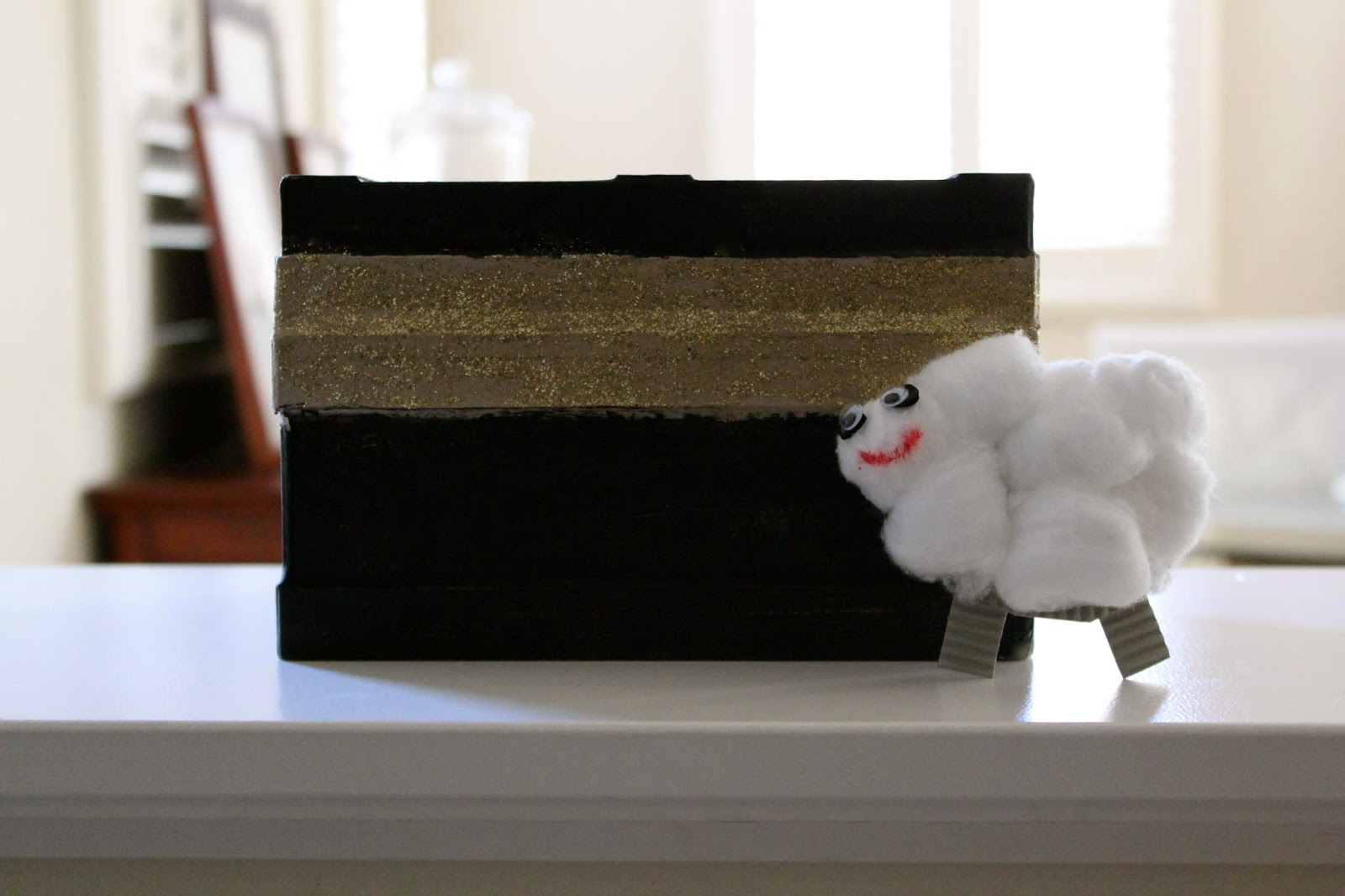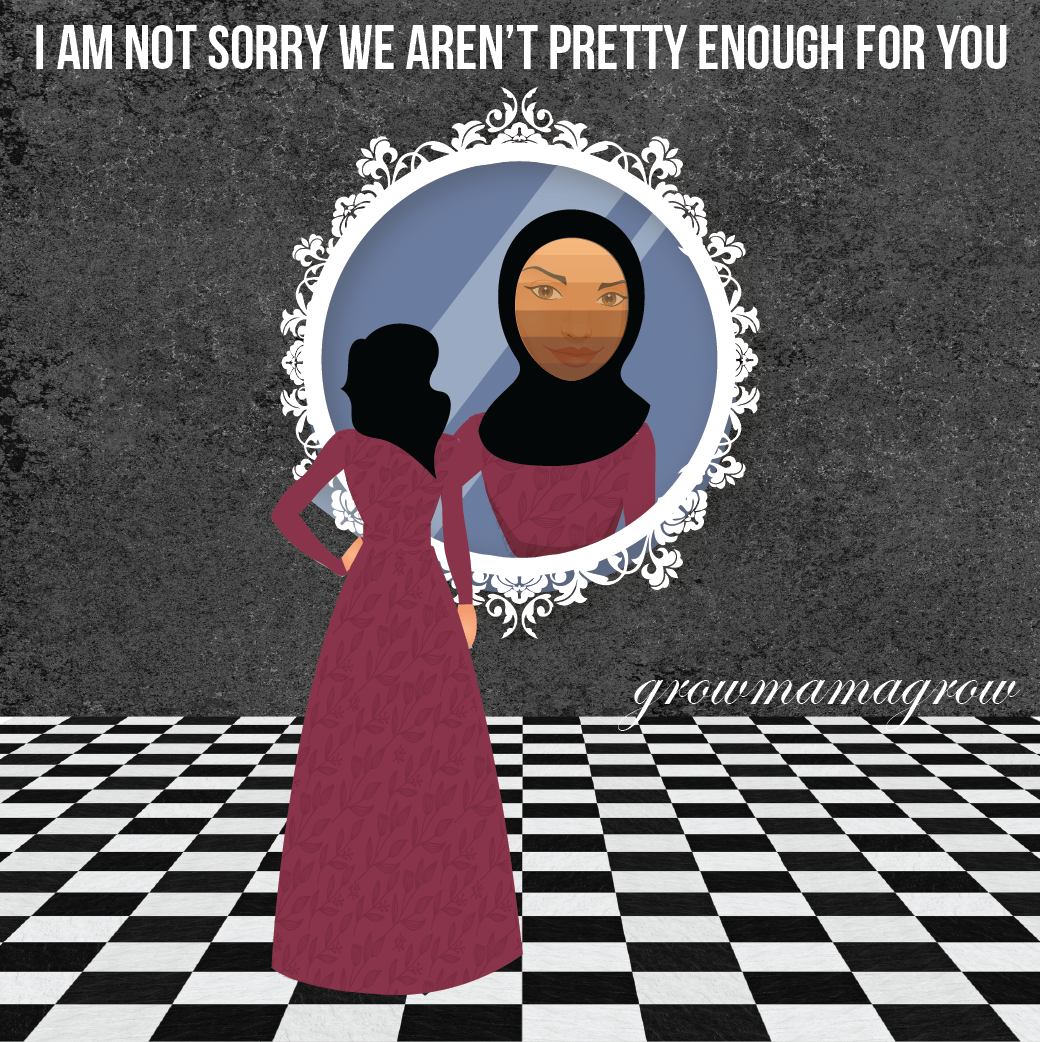The ten days of Dhul Hijjah are an opportunity to instill core Islamic beliefs and values in our children. The moments are precious, the rewards are unimaginable, the time and blessings will pass by quickly. It is the season of our father Ibrahim, of pilgrimage and sacrifice, and of harvesting good deeds. Here are ten things you can do with your children in Dhul Hijjah.
1. Talk to your children about the breaths of Allah’s mercy. The Prophet, peace be upon him, said, “Perform good year-round. And seek out the breaths of Allah’s mercy. For Allah has breaths of His mercy, that touch whom He wills of His servants.” Make a concerted effort to light up your home on these occasions with warmth, remembrance, talking, family worship, and expressions of joy (crafting, cooking, singing, decorating, and drawing). When forgiveness and reward are so bountiful, it is truly an occasion for celebration.
2. Play live streaming from Makkah and Madinah throughout the house. Let your children observe over the next days the ebb and flow of the crowds, the unanimous worship, and the sounds and sights of the sacred mosque. It’s the next best thing to being there.
3. Create a tree or mountain mural, on which family members stick post-it notes whenever they do a good deed. Widen children’s understanding of good deeds. This year, my children (with some coaxing from me) are greeting their siblings with a smile, a kiss, and some kind words first thing in the morning. Make it a competition!
4. Encourage your children to fill their free moments with dhikr. The Prophet (saw) said, “There are no days greater in the sight of Allah, nor days in which deeds are more beloved to Allah than in these ten days. So fill them with the praises of ‘la ilah illa Allah’, ‘Allah Akbar’, and ‘alhamdu lilah” (sahih). Fill every transition moment, in the car, bedtime, and in the kitchen, with, “Allahu Akbar, Allahu Akbar, La ilaha illah Allah. Allahu Akbar, Allahu Akbar, wa lillahil Hamd”; special words, almost like a song, that children will associate with this time of year.
5. Bond with Prophet Ibrahim. The Prophets should be more than just stories, but living characters that children bond with even more than Big Bird and Dora (not to mention teen idols). All of the rituals of Hajj are centered on the devotion of Ibrahim–what better season to remember and commemorate him? The Quran tells us that he is our father, and that it was he who first called us Muslims. Relive the story of Prophet Ibrahim by reading it aloud as a family, helping children wonder and imagine what he went through when he was thrown in the fire, how brave he was to destroy the idols, or when he asked Allah how he brought the dead to life, and then saw the birds come to life before him, and how it was building the kabah in the middle of the desert and wondering how people would know about it.
6. Learn about Hajj in detail. Many Islamic and weekend schools do hajj simulations, which help children visualize Hajj. Flash presentations (this and this among many others) also help children understand the process. One way to help instill love for something is to fully immerse a child in the details and experience. Why not get a haircut, like those making hajj? Make a passport and plan a hajj journey, like this one at Jannah Steps.
7. Ignite a longing to undertake Hajj. Kids wish for all kinds of things–toys, video games, trips to Disney World. As parents, can we help them long for Hajj more than a trip to anywhere else? Talk about your experiences going for Hajj or interview a relative or friend who went.
8. Discover the Kabah. There are so many stories and interesting details about the kabah: who built it and how it was built, how it was protected over the years, the instances when it had to be rebuilt and renewed, and Allah’s promises to preserve and protect the kabah. As a parent, if you are interested and actively learning about something, your excitement and interest is contagious. Take the initiative to learn yourself and your children will learn alongside you.
9. Talk about sacrifice. There is value in children appreciating that the food that is before them comes at a price, and is a special blessing and mercy from Allah for human beings. That is why we have to be so careful and gentle when preparing an animal to be sacrificed, and that is why a portion of it must be dedicated to the hungry and needy. If possible, and if your children are old enough, take your child them to see the Eid sacrifice themselves.
10. Fast together on the day of Arafah. It is a day, if one fasts, that wipes out the sins of the previous and upcoming year. Try to make it the perfect day. Gather together before iftar to make a family duaa with each family member taking a turn.
Maha Ezzeddine
Maha is a homeschooling mother of four children (6, 4, 2, and 1) and lives in Michigan. She is an active MAS worker and loves being in nature, writing, and working for Islam.
This post was originally published on Oct. 22, 2012












